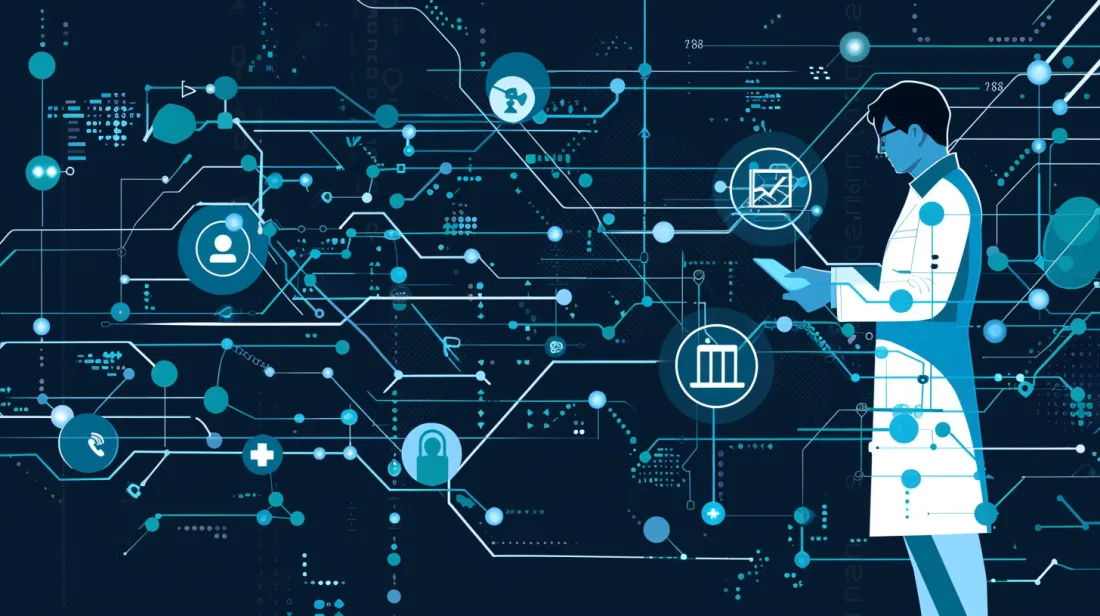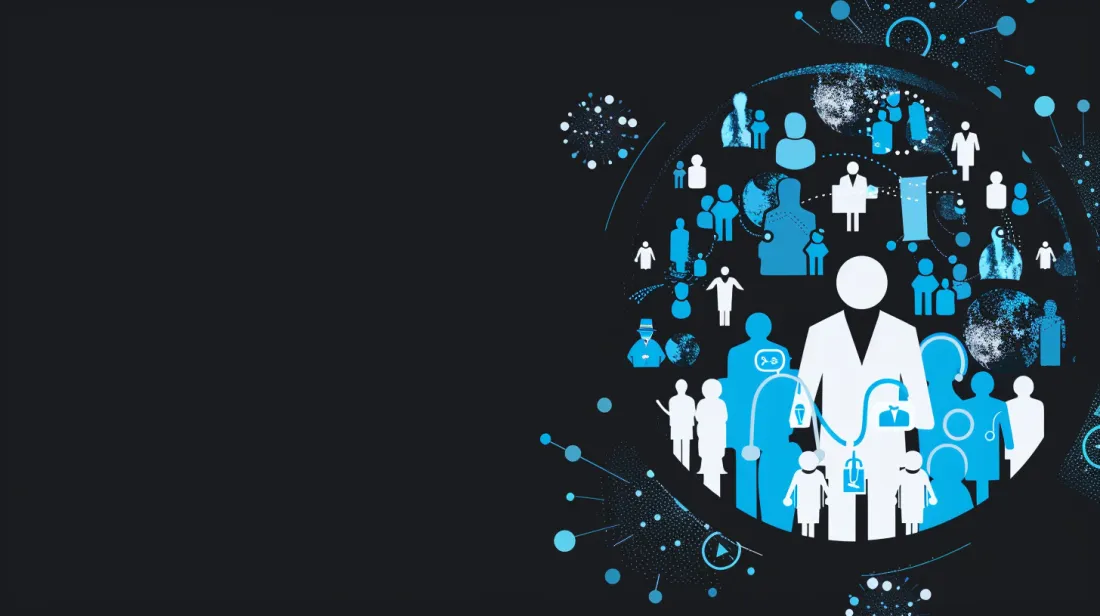
Client retention is critical for business success, offering more value than acquisition. Retaining clients boosts profitability, reduces marketing costs, and fosters long-term loyalty. Customer Relationship Management (CRM) software is vital in achieving this, as it helps businesses manage and enhance client relationships. Catalyst CRM is an advanced platform that plays a significant role in helping companies retain their clients.
Join us as we explore how CRM systems drive client retention and why Catalyst CRM excels in this area.
The Importance of Client Retention
Retaining clients is more cost-effective than acquiring new ones. Research by Bain & Company shows that increasing customer retention rates by 5% can increase profits by up to 95%. Clients who remain loyal continue to purchase products and provide referrals and valuable feedback, further contributing to a company's growth.
Client retention revolves around building lasting, value-driven relationships. In a competitive marketplace, clients have numerous options, and businesses must go beyond transactions, focusing on understanding and meeting clients' evolving needs.
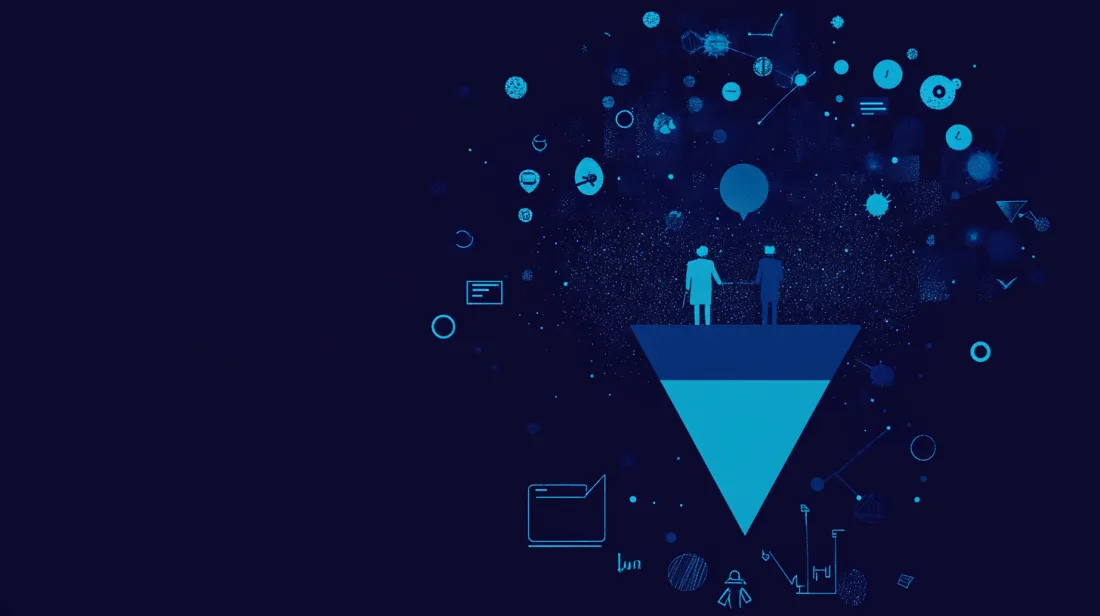
How CRM Supports Client Retention
A CRM system is essential in managing client data, tracking interactions, and delivering personalized service. Here's how a CRM like Catalyst CRM contributes to client retention:
Personalization and client segmentation
CRMs allow businesses to segment clients based on behavior, purchase history, and preferences. This enables more tailored and relevant interactions, such as personalized offers or product recommendations. When clients feel understood and catered to, they're more likely to stay loyal.
Proactive client communication
CRMs automate communication workflows, sending personalized emails, follow-up messages, and reminders. Staying in touch after purchase or before a renewal ensures clients feel valued and engaged, reducing the risk of churn.
Centralized client information
CRMs store all client data in a single location, providing teams with a comprehensive view of each client's interactions, preferences, and history. This helps maintain consistent communication across departments and ensures clients receive a seamless experience when interacting with the company.
Improved client support
CRMs streamline support by organizing client inquiries, complaints, and service requests in one place. Support teams can access a client's history, ensuring quicker, more personalized assistance. CRMs often include ticketing systems that help prioritize issues, enhancing response times and overall client satisfaction.
Building long-term client relationships
CRMs help businesses foster deeper client relationships by tracking interactions and preferences over time. By better understanding each client's unique needs, companies can offer more relevant solutions, increasing loyalty and long-term retention.
Read: 5 Common Mistakes To Avoid When Using Healthcare CRM
What is Catalyst CRM?
Catalyst CRM is a specialized solution designed specifically for health insurance brokers. Its robust set of tools addresses the industry's unique challenges. It simplifies key processes and enhances operational efficiency, allowing brokers to focus more on client engagement and business growth.
Through its tailored features, Catalyst CRM empowers health insurance brokers to work smarter, improve client relationships, and achieve higher productivity and efficiency.
Read: Benefits of Using Specialized CRM Software for Insurance Brokers
7 Ways How Catalyst CRM Excels in Client Retention
Catalyst CRM offers extensive features to improve workflow efficiency, enhance client engagement, and maximize business performance. Here's how Catalyst CRM excels in client retention:
1. Sales enablement for client focus
Catalyst CRM optimizes sales processes, allowing brokers to focus on high-value activities. By streamlining routine tasks, brokers have more time to nurture client relationships, driving growth and improving retention through proactive client engagement.
2. Efficient digital consultations
Catalyst CRM facilitates seamless digital interactions, enabling brokers to deliver personalized, quick, and efficient virtual consultations. This customized service helps build trust, strengthening client loyalty and long-term retention.
3. Streamlined back-office operations
Catalyst CRM simplifies administrative tasks by automating processes like policy management and task tracking, reducing manual work. This allows brokers to focus more on client engagement, improving satisfaction and retention.
4. Payroll and commission automation
Automating payroll and commission management with Catalyst CRM ensures accuracy and timely payouts. This helps brokers focus on client relationships rather than administrative tasks, increasing client retention.
5. Team and task management
Catalyst CRM enhances team collaboration and task tracking, ensuring smooth operations. Efficient internal management allows brokers to deliver better client service, strengthening relationships and retention.
6. Policy and contact management
With precise policy and contact management features, brokers can effectively manage client information and policy updates, ensuring accurate and timely service. This builds trust and enhances long-term client loyalty.
7. Data-driven insights and performance tracking
Catalyst CRM offers real-time analytics and performance tracking tools, allowing brokers to monitor client interactions, sales trends, and engagement levels. This data-driven approach helps brokers proactively anticipate client needs, address concerns, and adjust strategies to retain clients more effectively.
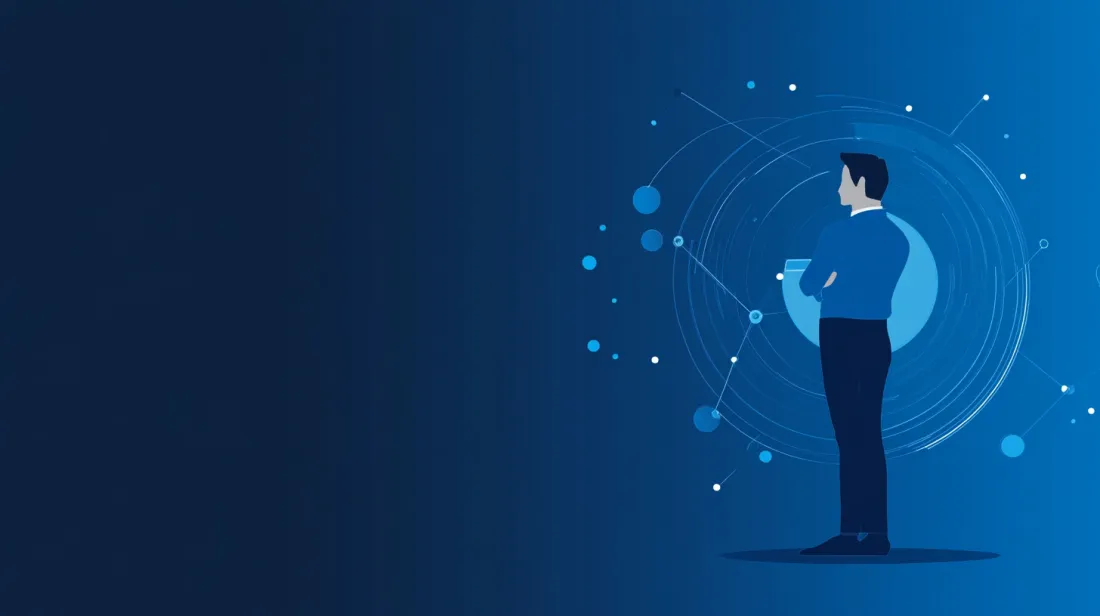
Less Discussed Best Practices for Customer Retention via CRM
While personalization and automated follow-ups are standard, several lesser-known CRM practices can significantly enhance customer retention. Here are five underrated strategies to keep customers loyal:
Monitor customer health scores
Customer health scores track engagement levels, purchase frequency, and support interactions. A declining score signals potential churn, allowing teams to intervene with targeted re-engagement efforts.
Segment customers for risk management
CRM tools enable segmentation by churn risk, identifying customers with low engagement or negative feedback. This allows businesses to craft specific retention strategies, such as personalized communication or loyalty incentives, to re-engage at-risk clients and focus resources where they're needed most.
Proactive customer support
CRM data highlights recurring issues, enabling businesses to address problems before they escalate. Proactively resolving concerns builds trust and loyalty, shows attentiveness, and prevents small issues from leading to customer dissatisfaction and churn.
Act on customer feedback
Collecting feedback is essential, but acting on it is crucial. Use CRM tools to centralize feedback, identify trends, and address common issues, demonstrating a commitment to improving customer experience.
Maintain accurate data
Outdated data can lead to irrelevant communications frustrating customers. Regularly updating your CRM ensures outreach is always timely and aligned with current customer preferences, enhancing relationships.
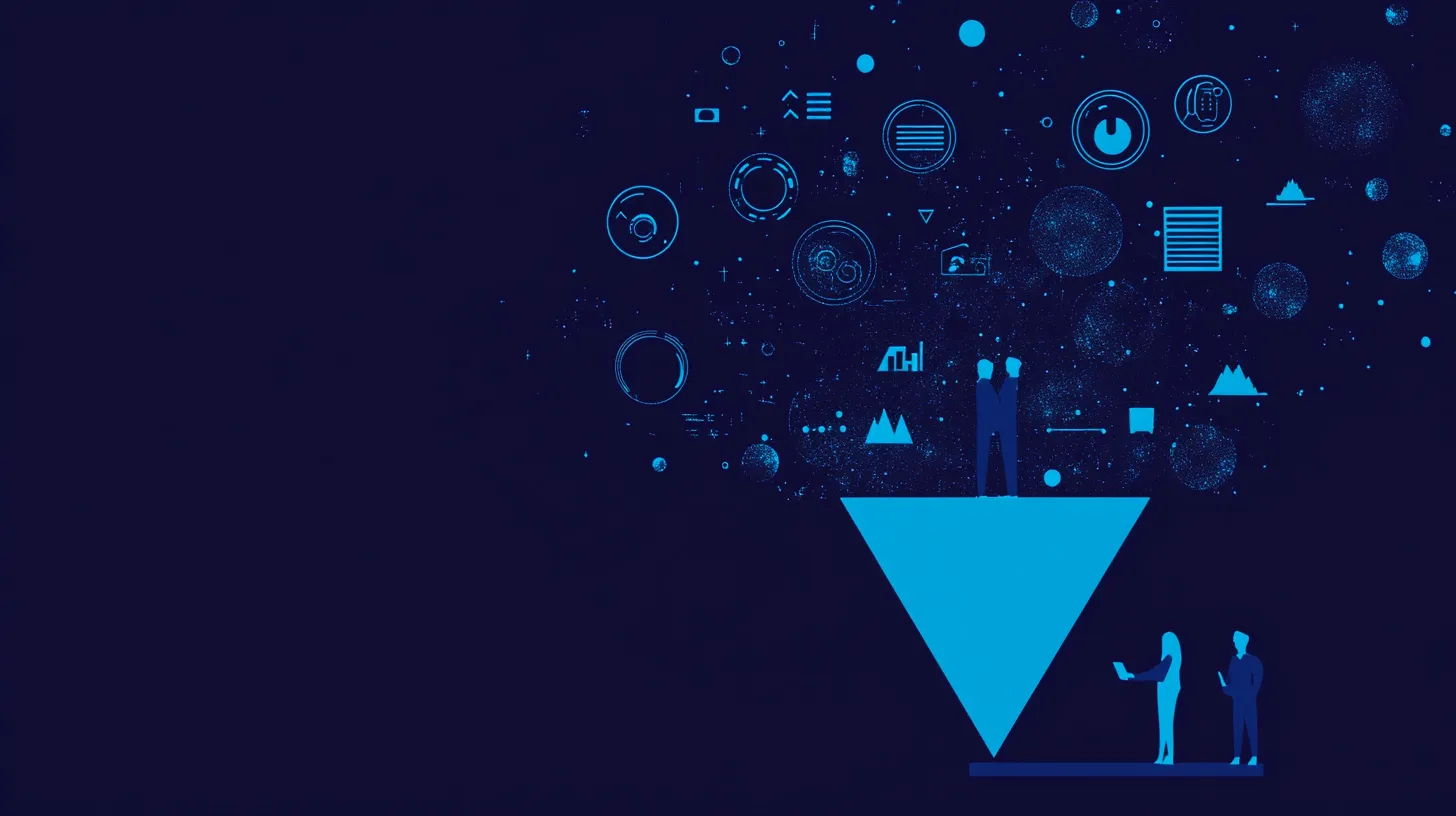
Conclusion
Client retention is vital for any business's long-term success, and CRM systems like Catalyst CRM provide the tools necessary to achieve it. From personalized communication to AI-driven insights and loyalty program management, Catalyst CRM offers a comprehensive suite of features that help businesses retain their clients.
Using Catalyst CRM, businesses can better understand their clients, meet their needs, and foster lasting relationships that contribute to long-term profitability. In today's competitive landscape, investing in a robust CRM system like Catalyst CRM is essential for maintaining a loyal client base.
Сontact the Catalyst CRM team to learn more about us and how we can improve your business!
